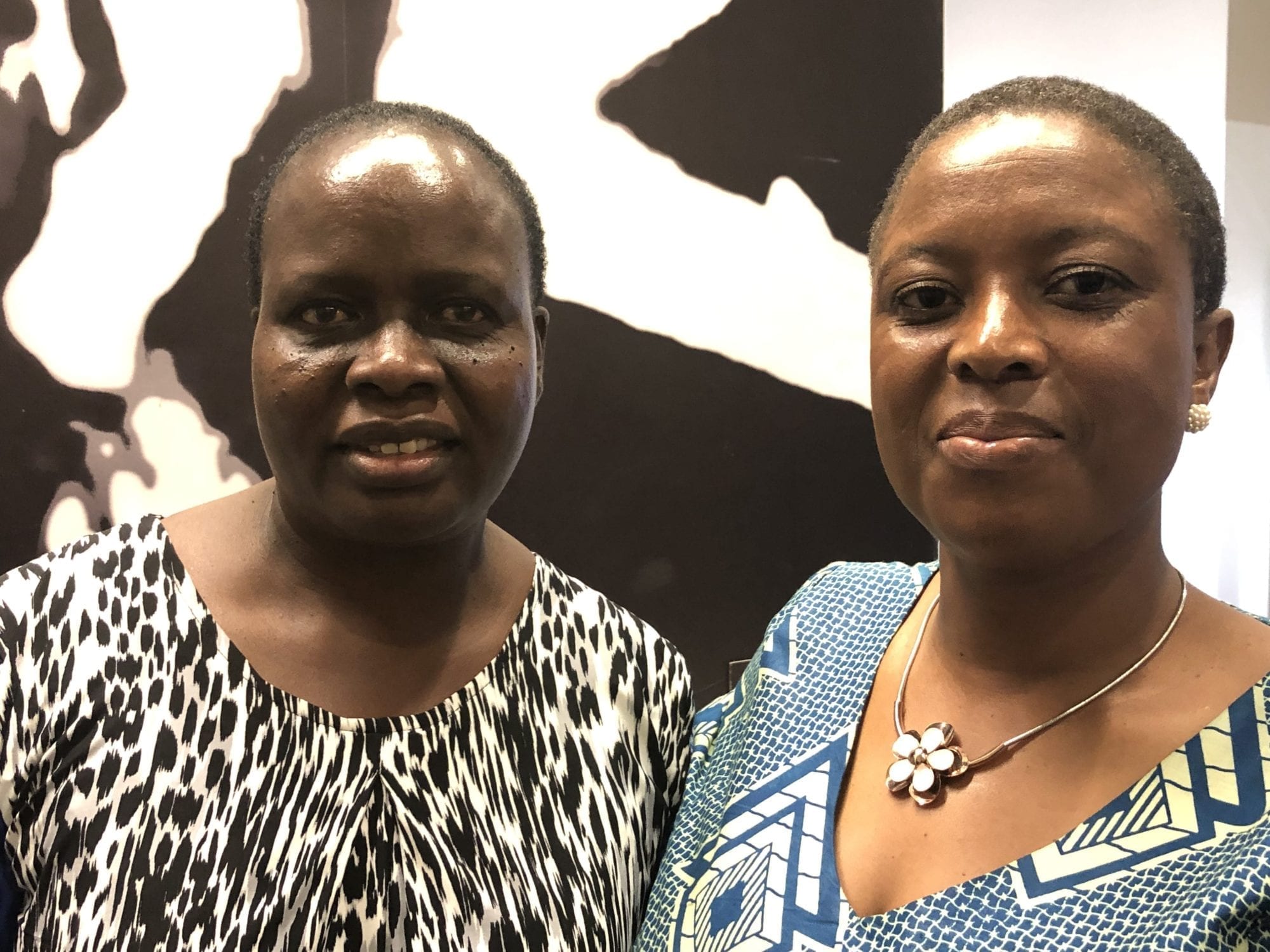Dynamic women worker rights leaders from across the globe offered a vision for hope, resilience and movement toward an economy and society that works for people and the planet yesterday at the event, “Building Power: Women’s Leadership in the Fight for Justice,...
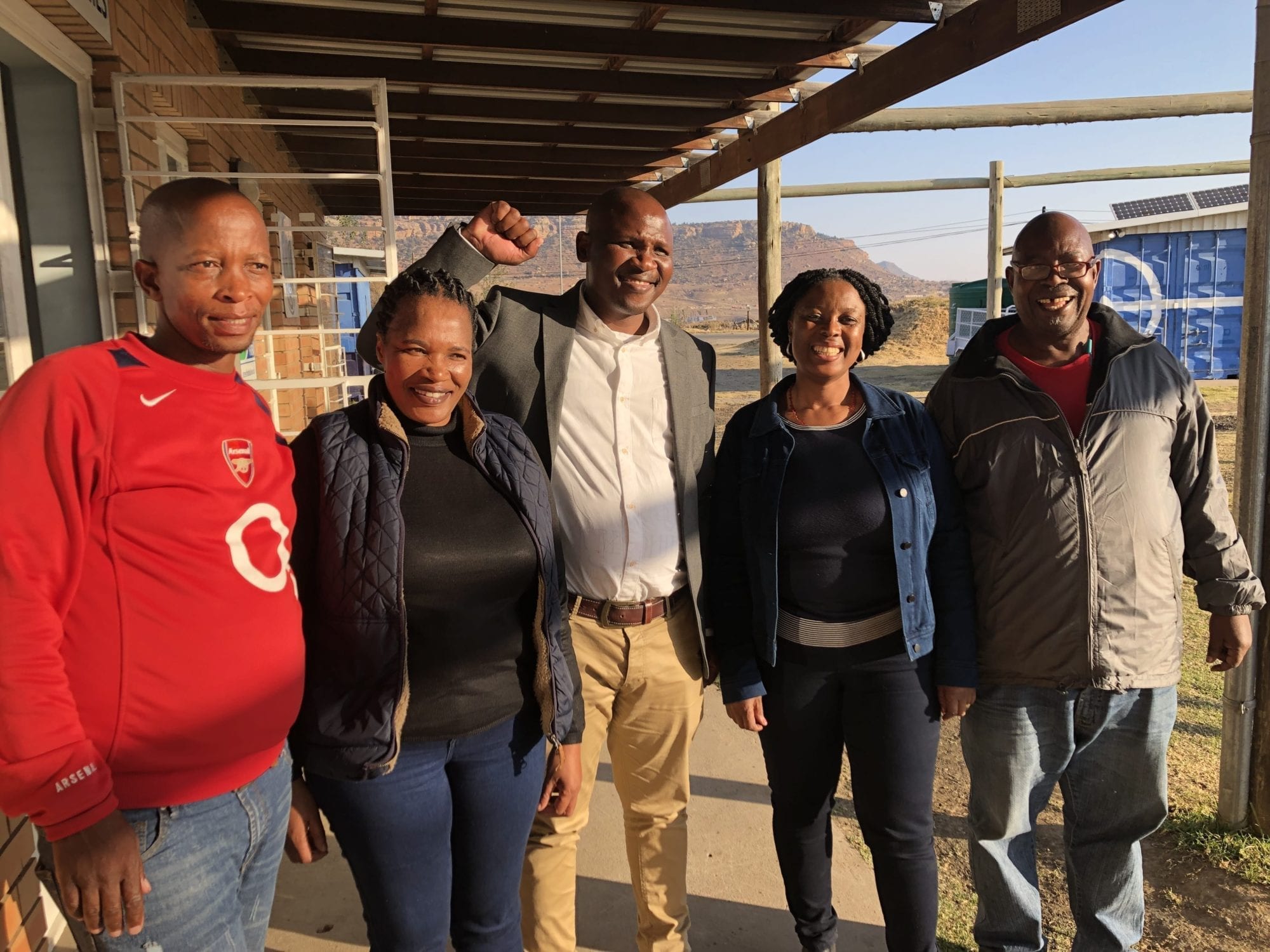
Garment worker leaders in Lesotho celebrate a new contract that moves toward a dignified, decent future of work. Credit: Solidarity Center/Shawna Bader-Blau
The future of work must be shaped by the women and men who are essential to the work process, who build our houses, sew our garments and design our computers. That is why the future of work must be rooted in democracy, the ability of all workers to freely form unions and collectively bargain to assert their fundamental rights in shaping workplaces that are fair, democratic and humane.
The Solidarity Center is advancing a worker-centered future of work through programs that encompass the voices of the Global South, put people before profits and confront the long exclusion of the most marginalized workers, including migrant workers, informal economy workers and women, especially in global supply chains such as the textile industry.
For instance, the Solidarity Center partnered with Lesotho-based unions and women’s rights groups, major fashion brands and international worker rights organizations to negotiate a landmark agreement with factory owner Nien Hsing Textiles that will address the rampant gender-based violence and harassment denying thousands of women garment workers a safe and dignified workplace in Lesotho.
Importantly, the agreement includes the freedom to form unions and collectively bargain, and is worker designed, with workers as full participants, equal in crafting and implementing the future they envision, one that ensures they are treated with dignity and fairness.
Lesotho Plan Has All Elements to End GBV at Work
A new worker-centered, precedent-setting program will comprehensively address the rampant gender-based violence and harassment denying thousands of women garment workers a safe and dignified workplace in Lesotho. The program, established by two negotiated and...
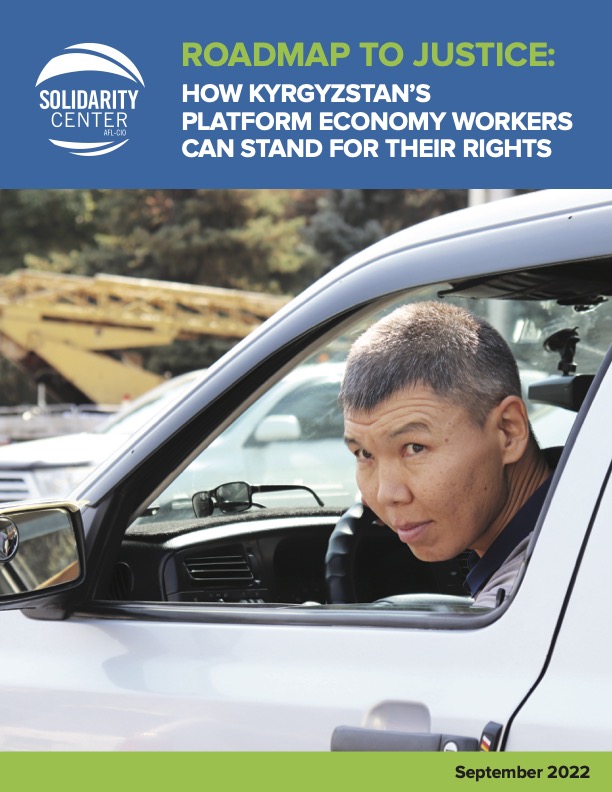
Roadmap To Justice: How Kyrgyzstan’s Platform Economy Workers Can Stand For Their Rights (2022)
The digital platform share in the economy in Kyrgyzstan is growing, and with that growth, an increasing number of people are working through these platforms. Due to its growth, the vulnerability of workers in this sector has also become more apparent, especially for...
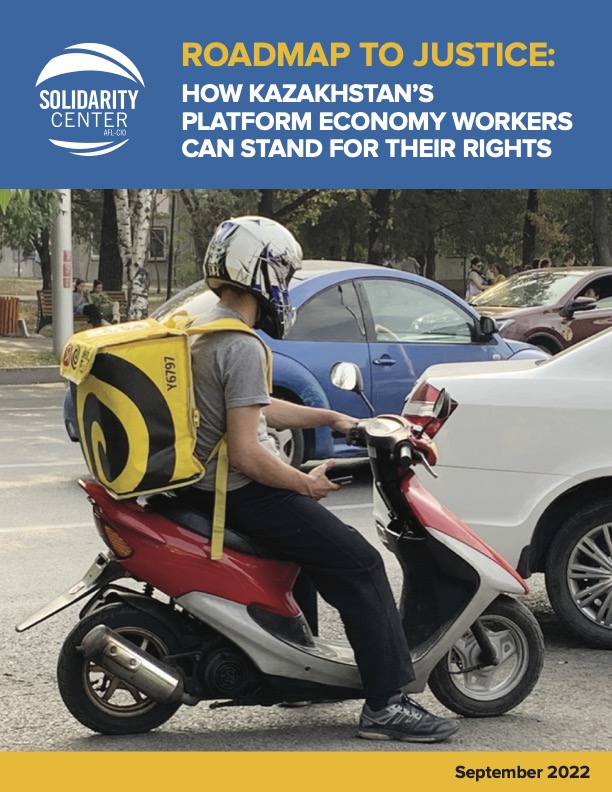
Roadmap To Justice: How Kazakhstan’s Platform Economy Workers Can Stand For Their Rights (2022)
Kazakhstan has the most developed digital market in the region, and digital platform companies operate in Kazakhstan’s major cities. With the sector’s growth, the vulnerability of workers in this segment has also become more apparent, especially for marginalized...
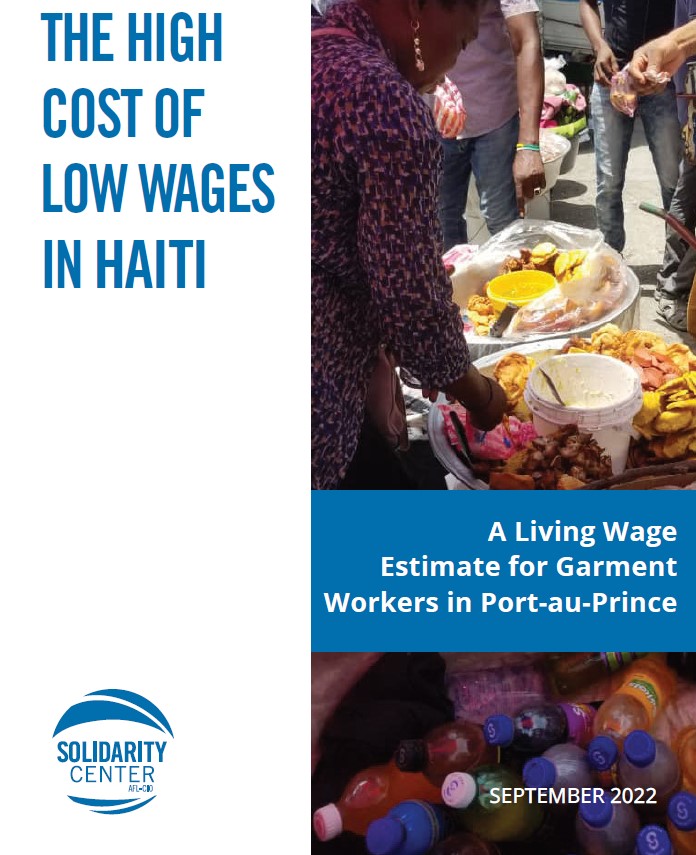
THE HIGH COST OF LOW WAGES IN HAITI (2022)
Haitian garment workers face increasing difficulty in covering basic expenditures as prices soar while wages hover far below the cost of living. Download in English and Haitian Creole.
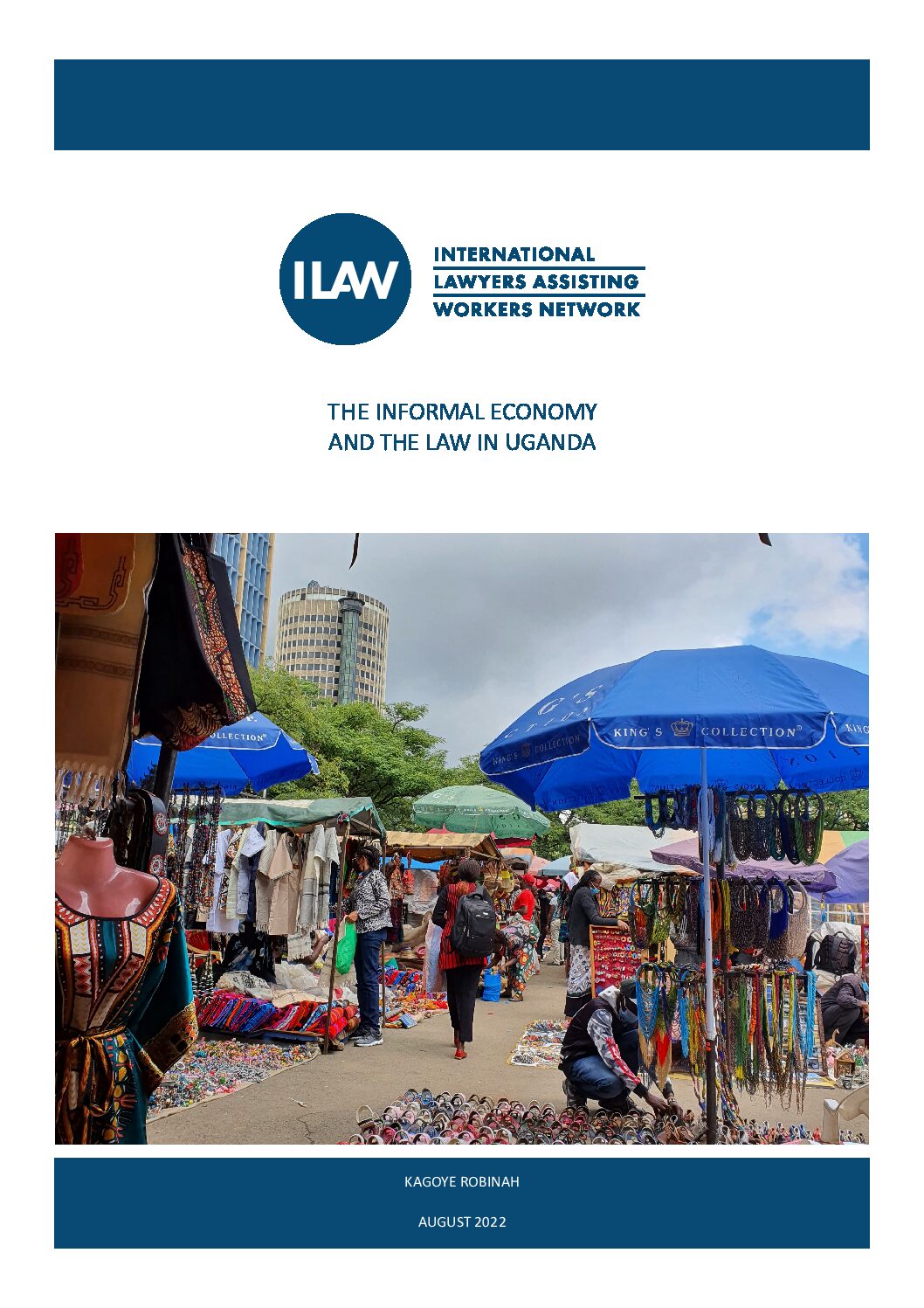
The Informal Economy and the Law in Uganda
The report analyzes how the current legal framework in Uganda fails to fully recognize and protect the rights of workers in the informal economy, even though they constitute 85 percent of Uganda’s labor force and over 50 percent of Uganda’s GDP. The gaps in Ugandan...
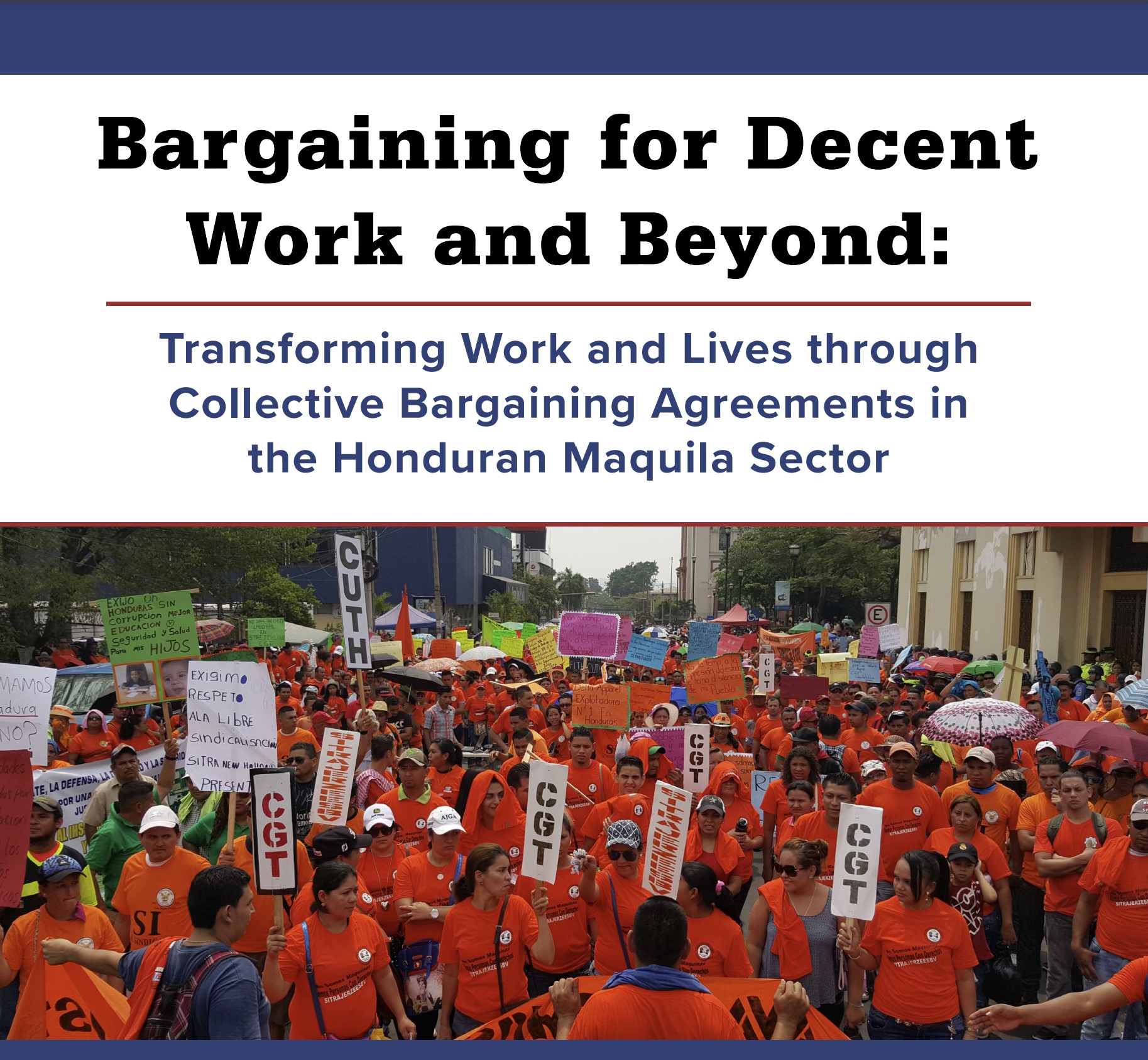
Bargaining for Decent Work and Beyond: Transforming Work and Lives Through Collective Bargaining Agreements in the Honduran Maquila Sector (2022)
Unions in the Honduran maquila sector bargain to improve work conditions and address gender-based violence at work, and so provide options for those who may migrate to seek jobs, a Solidarity Center report finds. Download in English and Spanish.
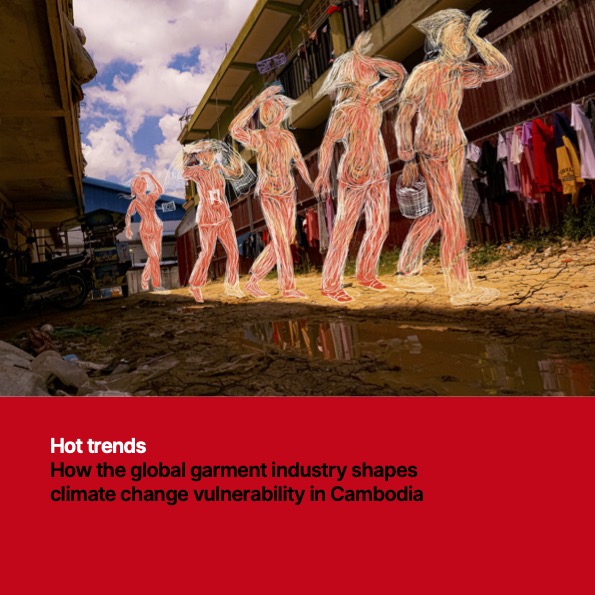
Hot trends: How the global garment industry shapes climate change vulnerability in Cambodia (2022)
In response to mounting public pressure, companies have moved rapidly to launch media campaigns highlighting their commitment to a green future. The global garment industry is no different. Behind much of this “greenwashing” remains the reality that the garment supply...


